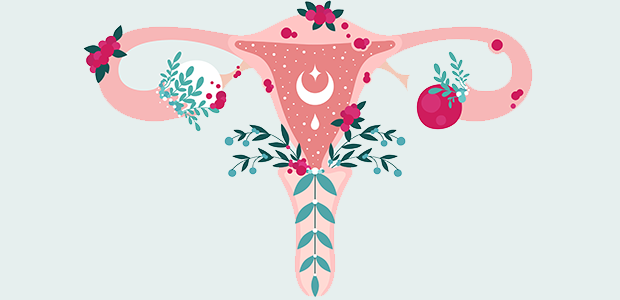
5 startups shining light on Endometriosis
Endometriosis affects an estimated 176 million women worldwide, and costs the economy £8.2bn each year in treatment, healthcare costs and loss of work. Every March #EndometriosisAwarenessMonth aims to increase awareness and highlight the symptoms of the debilitating condition. Despite affecting 1 in 10 women, and people with menstrual cycles, the average diagnosis can take up to seven and a half years, highlighting the importance of raising awareness of the symptoms.
With the femtech market estimated to be worth $50bn by 2050, Startups Magazine takes a look at five startups working to revolutionise women’s healthcare, specifically focusing on endometriosis.
Syrona Health
Syrona Health’s app, SORA is a mobile virtual health assistant for people going through chronic gynaecological conditions with a focus on endometriosis. The app allows women to track their endometriosis and health symptoms, including mood, exercise and sleep, giving them access to a patient community and doctor-approved insight. Utilising gamification to encourage user retention by allowing users to collect points for tracking symptoms which can be exchanged for products and services. A key goal of SORA besides being a virtual care assistant and platform is to generate more evidence to use to inform product decisions.
Phendo
Phendo, part of a Columbia University research project to improve understanding of endometriosis, is an app to track, manage and understand endometriosis. It is an observational research study searching to establish the signs and symptoms of endometriosis, from first hand suffers. Phendo also allows users to reflect upon their data which could help to manage their disease.
DotEndo
DotEndo, a non-invasive blood test aiding in the diagnosis of active endometriosis was created by DotLab, a women’s healthcare technology company. DotEndo measured biomarkers in the blood which act as a unique signature to identify active endometriosis, regardless of hormones, cycle or symptoms. It then applies biostatistics to identify endometriosis.
Nextgen Jane
Nextgen Jane looks at genomic signals from the cells in a woman’s tampon to discover the early signs of endometriosis, and other medical problems, including cervical cancer. The custom-made product (a smart tampon) would be worn for two hours, then place inside a test tube, part of a human test kit and sent to a lab for testing. Nextgen Jane is currently hosting a research study for Beta-Testers.
Hertility
Hertility is on a mission to ensure information about female health is accessible and affordable, looking to educate and encourage proactive health. After an initial consultation, Hertility creates a personalised hormone blood test for patients using its machine learning algorithm. The user then takes the blood test at home, posting it to a laboratory once complete. The laboratory then analyses the hormone blood test and uploads the results to an online dashboard, offering consultations with private gynaecologists to discuss results and next steps. The test can help with endometriosis screening, hormone imbalance, ovarian reserve, thyroid conditions, fertility and conception, and PCOS screening.
Changing lives
These startups are just a handful of those within the femtech industry changing women's lives by raising awareness of debilitating diseases that affect millions of women around the world. The work of these startups, coupled with research institutions will help improve the rate of diagnosis for sufferers, as well as help to understand treatment options.
This March, Endometriosis UK is urging the public, healthcare professionals, policymakers, workplaces and charities to raise public awareness of the condition, its symptoms and its impact on people's daily lives.

